UK architect Foster + Partners and research organisation Afrotech have launched proposals for a “droneport” in Rwanda, east Africa to help get cargo to communities with poor access to roads.
The architect points out that only one-third of Africans live within two kilometres of an all-season road, and that it is unlikely that countries will be able to invest sufficient capital in road and rail provision to meet the needs of the continent’s future population, which is expected to double to 2.2 billion by 2050.
The use of cargo robots is therefore a vital “infrastructural leap” to providing towns and villages with access to emergency aid, as well as commercial goods, the firm said.
Africa is a continent where the gap between the population and infrastructural growth is increasing exponentially. We require immediate bold, radical solutions to address this issue– Lord Foster, chairman of Foster + Partners
Afrotech is a department of Swiss research university Lausanne Polytechnic, set up specifically to pioneer advanced technologies that can be deployed in sub-Saharan Africa.
According to Afrotech, the first cargo robot route could be operating in Africa by 2016.
Two supply lines are planned, one delivering medical supplies, such as units of blood, along an 80km route between several towns and villages, while the other will operate a more conventional delivery service, bringing goods that were ordered online.
Afrotech says that by 2020, the flying robot technology will be capable of taking 20kg over distances of several hundred kilometres.
The initial plan for Rwanda is to build three buildings that will enable the network to send supplies to 44% of the country by 2020.
Subsequent phases of the project could involve more than 40 droneports, followed by expansion into neighbouring countries such as the Democratic Republic of the Congo.
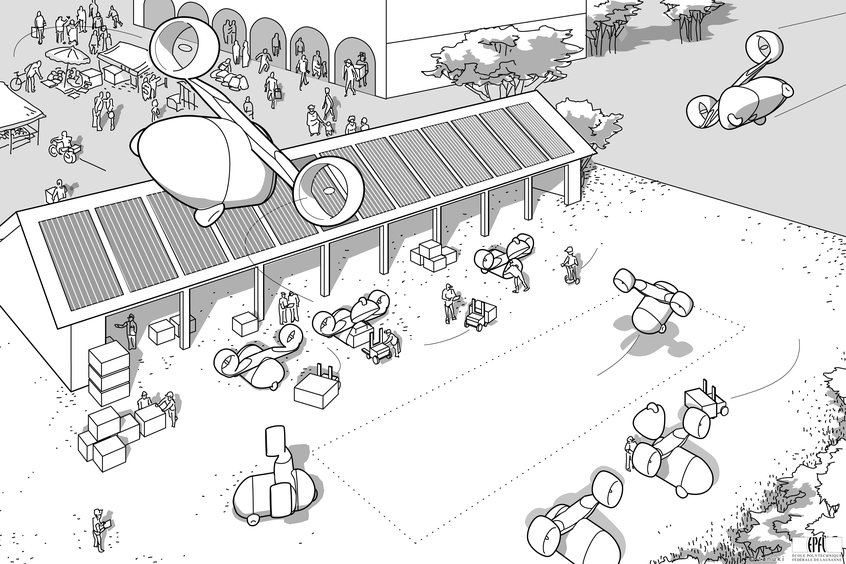
Afrotech’s rendition of a droneport in action
Lord Foster, the chairman of Foster + Partners, said: “Africa is a continent where the gap between the population and infrastructural growth is increasing exponentially. We require immediate bold, radical solutions to address this issue.
“The droneport project is about capitalising on the recent advancements in drone technology – something that is usually associated with war and hostilities – to make an immediate life-saving impact in Africa. Rwanda’s challenging geographical and social landscape makes it an ideal test-bed for the project.”
Foster + Partners plan to supply droneports as a kit-of-parts, in which the basic formwork and brick-press machinery is delivered to site, and the raw materials, such as clay for bricks and boulders for the foundation, are locally sourced.
The project is supported by Swiss Robotics and will facilitate research into precision-based navigation, biomimetics, advanced materials, safety systems, landing systems, route optimisation, and other topics.
Main photograph: Foster + Partners’ visualisation of a droneport under construction
Comments
Comments are closed.





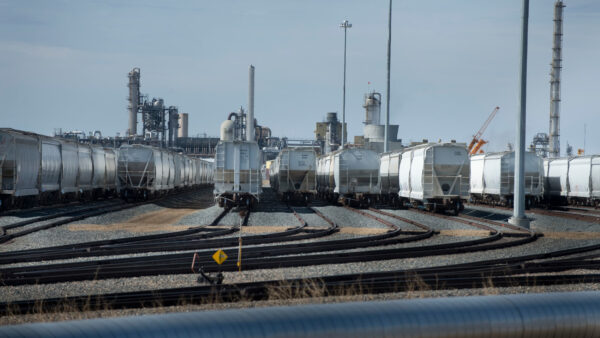
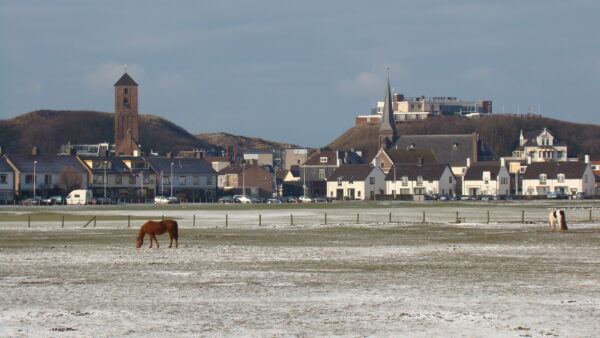
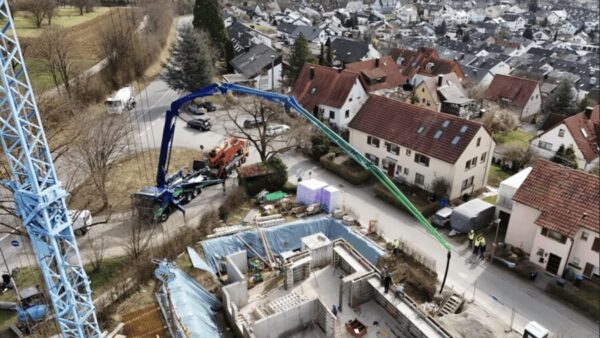

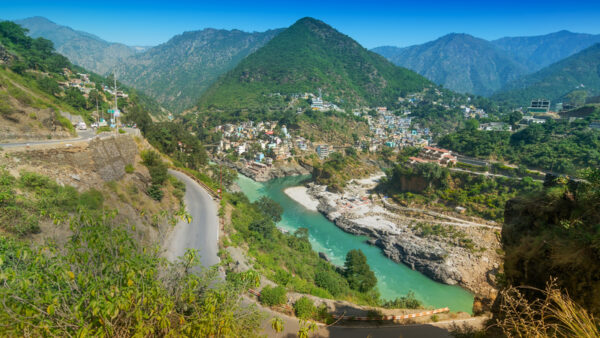
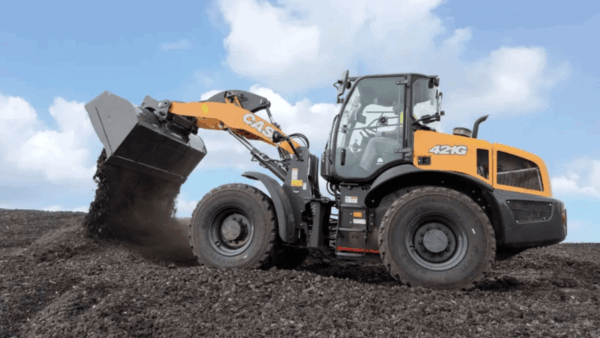
Easier said than done I am afraid! Initially ,without a massive national and tribal awareness campaign, the “drone” in full flight ,will no doubt be taken as some unidentifiable and ,no doubt even hostile ,flying object, no matter from where ever it may have come, to be shot down and destroyed by all and any means available!! Please be aware that drones have been associated with advanced warfare as well and that Rwanda is no stranger to war as such!
If one starts on the basis that there is a “problem” you are already 4 steps behind the neutral point. The same could be said when they integrated cars with horse drawn carts…. or getting brain tumours from using cell phones – the list is endless…..
Drone technology and the benefits it brings to a society far outstrips any negative issues – communities will embrace the positive aspects overnight, and will react instantaneously when those are taken away from them either through ignorance, spite or greed. Forward thinking and inclusive governments will and must encourage available and implementable technologies (as they have done with communication tools) and find ways for it to work and be sustainable. Not sure if Jose has lived or fully engaged with Africa for a significant period of time – but one would hope that anything that brings constructive and positive development to improve the quality of life (something the 1st world takes for granted) must be backed, championed and encouraged.
To every contributor that makes a positive difference in a person’s quality of life and well being – dream, conceptualise and make it happen. There is no place for greed, negative outlooks and fear to push for the future!!!